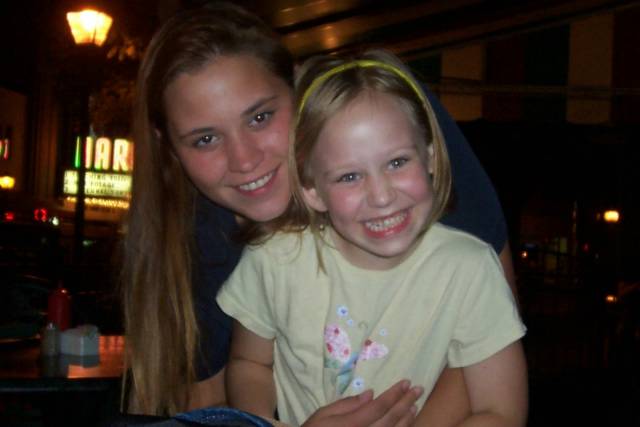jessicascribbles
ju blog home
photojournal
scribbles
'if the world didn't suck, we'd all fall off.'
about me

jessica - see my blogger profile -
ju blog home -
photojournal -
one hundred things -
booklist -
quotations -
movie quotes -
lyrics and lines -
email me
my scribbles
a blog filled with things that have been written, things for you to read.
this page is a small part of the universe.
archives
posts by title
lines from my dissertation proposal
It was a pleasure to burn. - Ray Bradbury, Fahrenheit 451
'Cause Sadie moved like water poured
The shapes she shaped had angels floored
She knew her walk turned wind to fire
A wink from Sadie turned brains to mire" -Tim Seibles, The Ballad of Sadie LaBabe
Tuesday, December 08, 2009
lines from my dissertation proposal
"We have become increasingly dependent on the criminal justice system, evidenced by the quadruple increase in prison populations in America over the last 25 years (Travis 2005). Criminological attention has recently turned to examine the consequences of these actions, especially in the realm of offender reentry (Travis 2005; Urban Institute 2006). Research has found that two-thirds of released prisoners are rearrested within three years (Langan and Levin 2002), over a million children have a parent incarcerated (Mumola 2000) and four million people are disenfranchised (Fellner and Mauer 1998; Urban Institute 2006).Former inmates face a variety of risk factors including unemployment, low education, substance abuse, disease, and homelessness. “With limited assistance in their reintegration, former prisoners pose public safety risks to communities” (Urban Institute 2006:2). New legislation such as residency restrictions on sex offenders have made life increasingly challenging across the nation and in California. Although many believe that sex offenders are due these challenges, “there is good reason to believe that the real-world consequences of residence restrictions are actually decreasing public safety because the conditions associated with homelessness are directly associated with increased sexual recidivism” (Delson, Kokish, and Abbott 2008:2). The general consensus is that sex offender recidivism is quite high (Thompson 2006), although this is not actually the case. In addition, to say that sex offender recidivism is high implies that the commission of a sex crime is repeated, (as opposed to some other type of crime); this is not the case either. Successful reentry is impacted by a lack of social capital, education and work experience, and waning mental and physical health (Visher and Travis 2003). [simul-post, written by me]
posted by jessica at 11:09 PM -
⊗
1 comments
 Comments:
This excerpt from your dissertation was wonderful! I think you really know how to write a phd dissertation, and all of its turn. And from the looks of it, the topic really deals with our everyday life, so it just fit that you tackle it.
Comments:
This excerpt from your dissertation was wonderful! I think you really know how to write a phd dissertation, and all of its turn. And from the looks of it, the topic really deals with our everyday life, so it just fit that you tackle it.
Post a Comment
<< Home

